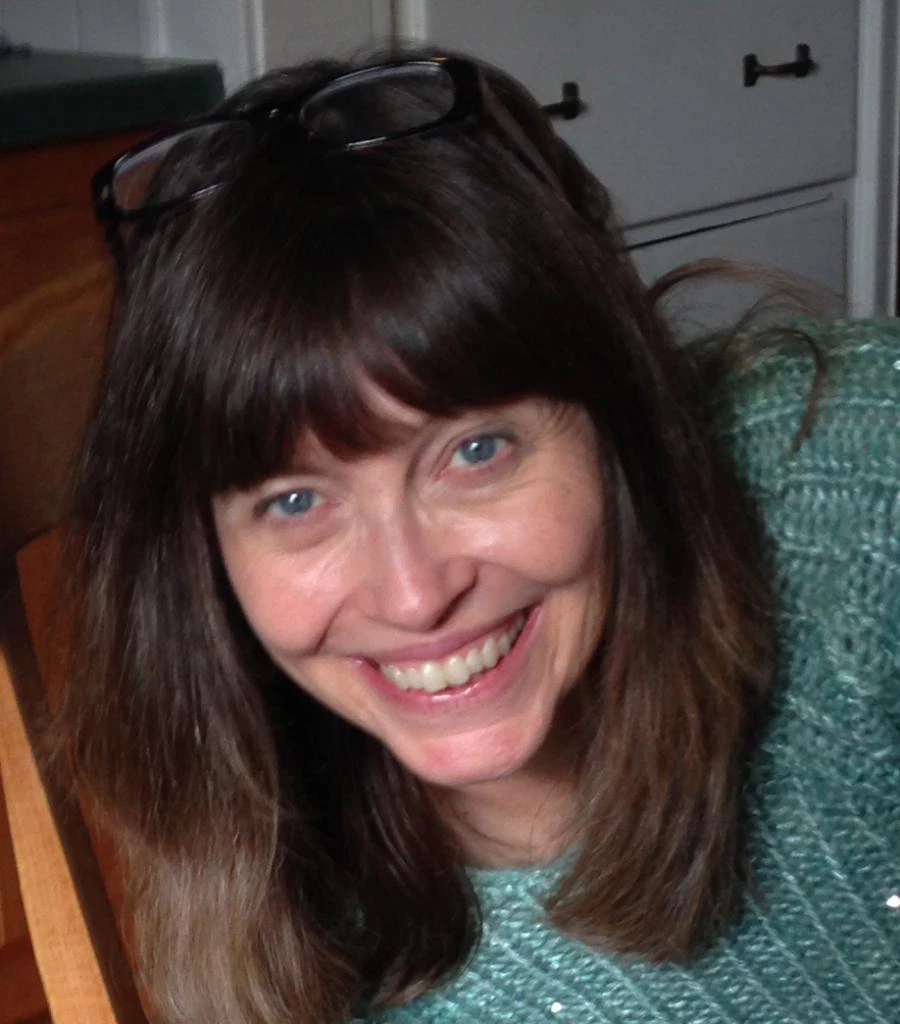Transforming the World Bank from a mid-20th century organization to an agile, 21st century entity motivated by a drive for ‘Open Development’ requires user-friendly shared data sites, a willingness to be held to high standards of transparency and accountability, a move toward telling results stories in compelling ways, and a ceding of ground from proud in-house research to ‘Democratizing Development Economics’.
All of the above requires both showmanship and visionary leadership, not something the staid World Bank is usually known for.
 |
This year, there is a “jumbotron” television screen facing Pennsylvania Avenue outside the Bank’s Main Complex greeting passersby and staff alike with compelling short films of results achieved by IDA, the Bank’s fund for the poorest. Entering the building’s sleek glass, metal, and stone atrium, visitors and staff see a new path of big, brightly colored circles highlighting IDA facts, spanning the entire Atrium floor, saying things like:
“CLASSROOMS: 2 million built or rehabilitated for over 105 million children worldwide since 2000”; “KENYA: 32,000 orphans and vulnerable people, better off due to cash transfers to households”, and; “NUTRITION: 99 milliion children received nutrition supplements since 2000”
OK, so you might say, nice visuals, but what about the substance, the data, the access?
 |
On this front, The Open Data push started at the April Spring meetings earlier this year with lots more statistics available for free on data.worldbank.org, as Phase 1 of an ‘ Open Data Initiative’.
Then, things got really interesting on September 29, when World Bank Group President Robert Zoellick spoke at Georgetown about ‘ Democratizing Development Economics’.
He stressed to assembled students, faculty and policy wonks the importance of a ‘new research model beyond the Ivory towers’, and sketched his vision for a new approach: ‘Open Data, Open Knowledge, Open Solutions’.
And now the rubber is meeting the road as World Bank launches news tools to deepen its commitment on ‘ Open Development’.
While the World Bank is the world’s largest source of development knowledge, it no longer can be the sole proprietor. Development knowledge needs to be shared, and especially amongst those who are directly affected by it.
Aimed at empowering researchers, health care workers, teachers, software developers, and many others in developing countries, the Open Development agenda provides tools for innovative solutions. A student in the Philippines can create analytical reports using various micro-level data, or a government official can estimate poverty measurements for his country/region. Making analytical and modeling tools accessible is a giant leap towards broadening opportunities for many developing countries.
The ‘Open Development’ agenda is accompanied by a dynamic and interactive website. The website features interactive tools such as:
- ADePT: Software Platform for Automated Economic Analysis
- PovcalNET: Online poverty analysis tool
- WITS: Data consultation and extraction software with simulation capabilities
- NADA: An open source PHP application, designed for the cataloguing and dissemination of survey, census or other microdata
- PovMAP: Software for Poverty Mapping
- iSimulate: A network for economic simulations
Apart from this, the site is a gateway to the Bank’s API, or Application Programming Interface, which now consists of 4000 development indicators. The indicators are also available in multiple languages to foster a more collaborative and effective approach towards global development. Other ‘Open Development’ resources available online include a new MDG e-atlas and booklet as well as a new iPhone app on development data.
In another sign of innovation, on October 7 at the Annual Meetings Program of Seminars, there will be a dynamic session on data. In addition, an online Open Forum on Open Development Solutions, is also kicking off this week. Finally, watch out for the Apps for Development Competition.
Navigate around, help spread the word, and join the conversation!


Join the Conversation